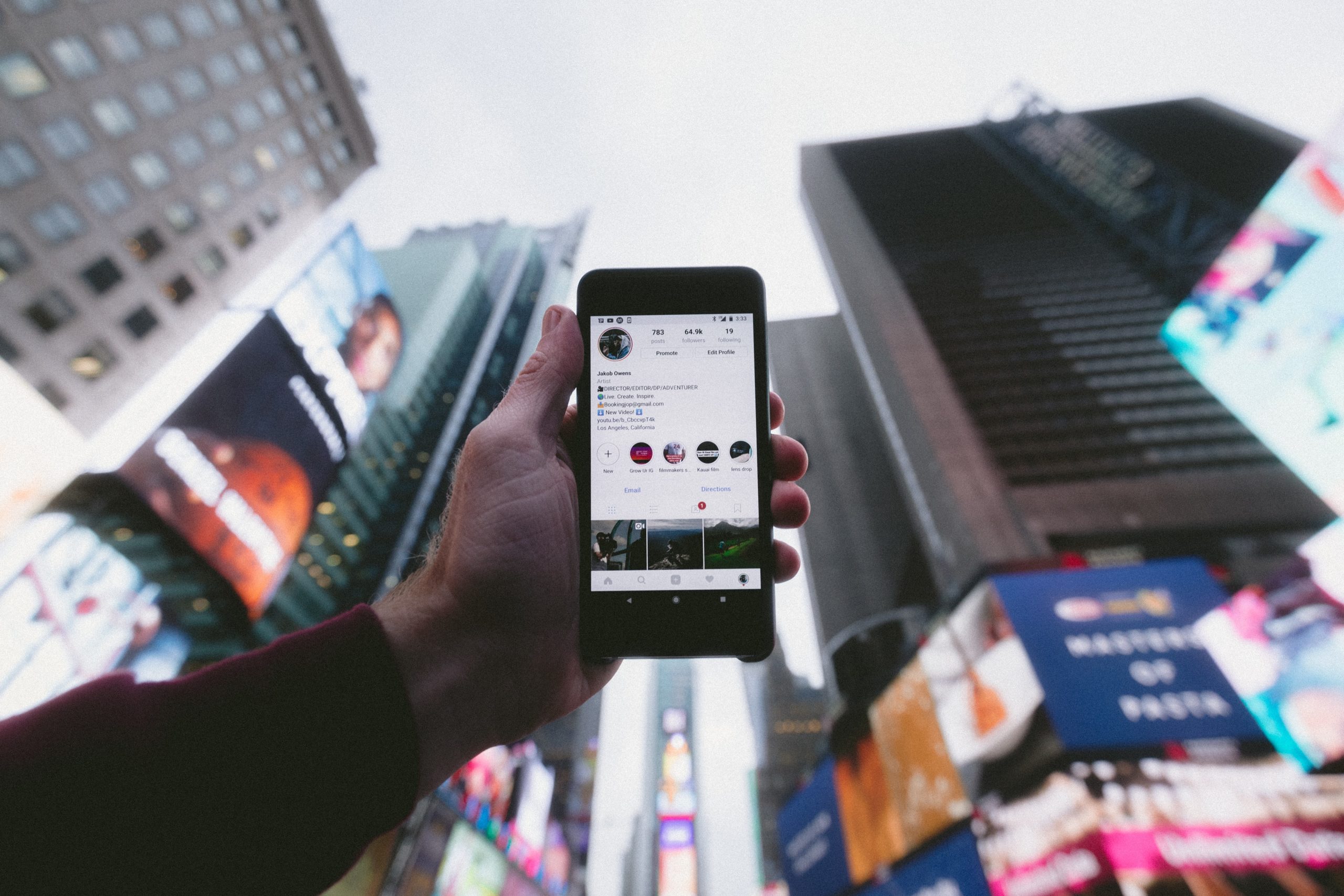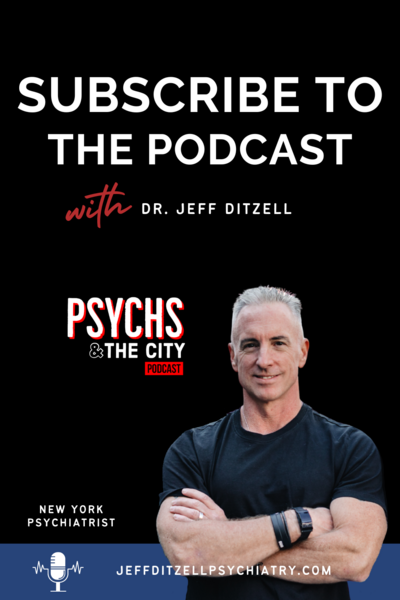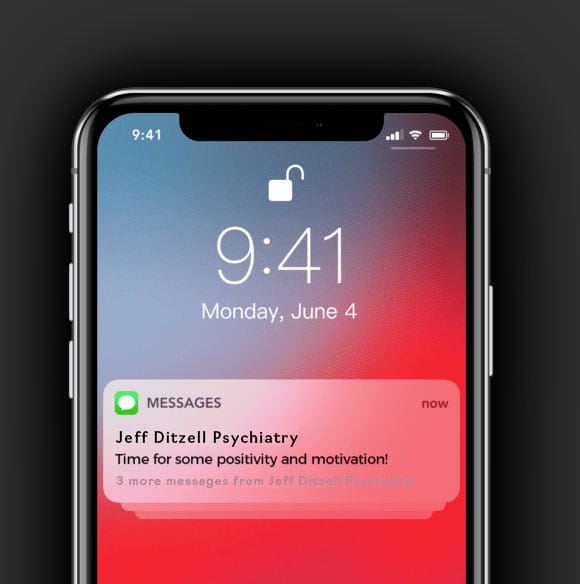
Social media brings us together, for better or for worse. But for people who are struggling with mental health issues and don’t have access to quality mental health care, social media has become a gathering place for what’s being referred to as “Instagram therapy.†Though seeking information about mental healthcare on social media can be immensely helpful to people who are struggling, it is not a replacement for professional therapy, and can do more harm than good in certain situations.
The term “Instagram therapy†refers to therapists who reach out to the masses with general information, education, helpful advice, and even inspirational quotes vis social media. Social media therapists post content like this for two reasons, to help the greatest amount of people possible and to market their services. Both are respectable causes.
Any attempt to help others is always noble at its heart, and a great many people find value in the content that these therapists create online. Maybe you even have a favorite social media therapist, and you find yourself happily sharing their content with your friends. That’s all well and good. The problem occurs when people assume that the “Instagram therapy†they’re getting on social media is a replacement for real, one-on-one therapy. It’s not.
Instagram therapists maintain strict boundaries separating themselves from their followers, which is a smart thing to do. Not only do these therapists not want to work for free, but there are real legal and ethical considerations when it comes to providing therapy to people without express consent, documentation, and agreement. So while an Instagram therapist may post interesting articles like “How to better communicate with your spouse†or “5 Ways to deal with anxiety in the workplace,†they can’t give you the contextualized, personal advice and attention that’s critical to true, personal transformation. Only a therapist who knows you personally can do that.
Like everything you read online (yes, even this blog), it’s important to be able to discern which information is applicable to you and which is not. When speaking to a general audience, like on social media, the advice is meant to be chosen like dining at a buffet – take what you like, and leave the rest. Not every piece of advice is going to work for you, though it may be great advice for someone else.
This can be tough to do, especially if you’re in an emotionally aggravated spot like recently enduring a breakup, job loss, or other trauma. You know that feeling when you’re so wrapped up in your emotions that every song on the radio seems like it’s meant just for you? That’s where you’ll need to be especially careful with Instagram therapy. When you’re emotionally raw, it’s simply harder to look at social media therapy posts with a discerning eye, and you may be more apt to buy into ideas that aren’t actually applicable to you or your situation. This is when a real, personal connection with a therapist is most necessary.
As long as people are able to interact with Instagram therapy in the way it is intended, social media therapy actually can do a lot of good. Here are some ways that Instagram therapy is benefitting the therapeutic world:
As an educational tool, Instagram therapists help regular people learn helpful life skills, coping techniques, and other mental health tactics wherever they are – on the subway, waiting for a doctor’s appointment, or on a break at work. This puts mental health education in the hands of people who need it and may not be able to access it any other way.
This education can actually do a world of good by helping people understand more about their own issues and let them know that yes, there really is help out there that works. Just knowing that they don’t have to struggle, that they aren’t alone, and that help is available may encourage people to seek out therapy when they otherwise would not. Instagram therapy helps people understand the therapy process, so it becomes less foreign and less frightening. With so many people in the United States not seeking out the mental health care that they need, just encouraging people to get help is of critical importance.
Between therapy visits, being active in social media groups can help you stay focused and motivated. No matter what issues you’re struggling with – anxiety, PTSD, depression, loss, adult ADHD, etc – there are social media groups out there where people who share your struggles gather to support one another.
If you choose to follow groups like these on social media, again, discernment is important. Make sure you choose groups that encourage healthy communication and have reliable moderators who keep the space safe for all. If you ever feel uncomfortable in a group, leave. There are plenty to choose from, so there’s no need to stay in a group where you feel uncomfortable.
The stigma against going to therapy is disappearing in America, but unfortunately, it’s still here, especially for certain groups. These online groups and Instagram therapists help to normalize the idea of therapy by making it accessible and even fun. By interacting with therapists and online support groups on social media, the mystery of therapy dissipates, which hopefully will lead more people to seek the mental health treatment they need.
While following an Instagram therapist can help you learn about mental health care in a general sense, if you’re struggling with an issue, please seek out the one-on-one personal mental health treatment you deserve. Developing a personal relationship with an in-person therapist or psychiatrist cuts through the noise and helps you get directly to the destination of good mental health.
Dr. Jeff Ditzell is a New York City psychiatrist that specializes in treating all types of mental health issues such as PTSD, adult ADHD, anxiety, depression and more. Call us today, and get the help you need today.

Dr. Jeff Ditzell, D.O. is the lead psychiatrist at Dr. Ditzell Psychiatry with over 25 years experience treating people for Anxiety, Depression, OCD, PTSD, Adult ADHD, Bipolar Disorder, using ketamine treatments, psychotherapy, and so much more.
 Hello,
I'm Dr. D!
Hello,
I'm Dr. D!
At my psychiatry practice in New York Cty, we're focused on giving you a 360 approach to mental health. It's time we end the stigma on mental health.

Each week we'll explore all things Mental Health, Mindset, Fitness, and Psychiatry!
tell me moreYou know what they say “self-care” is the best care. Why not kick off your morning the right way by signing up to receive our positive text messages reminding you to be mindful and encouraging you to conquer the day!
